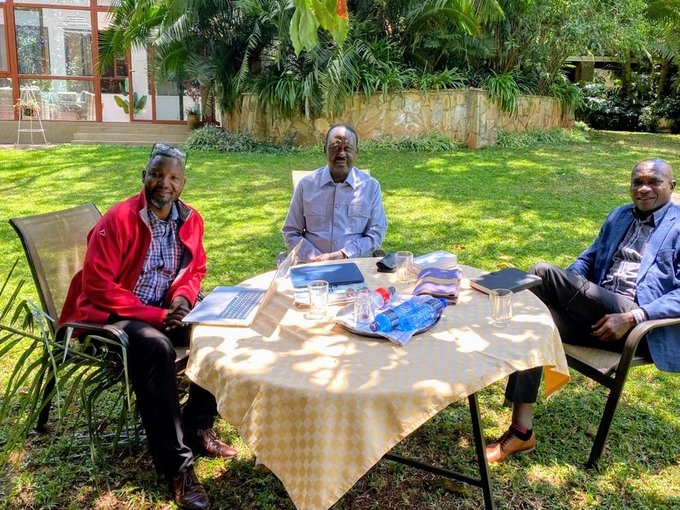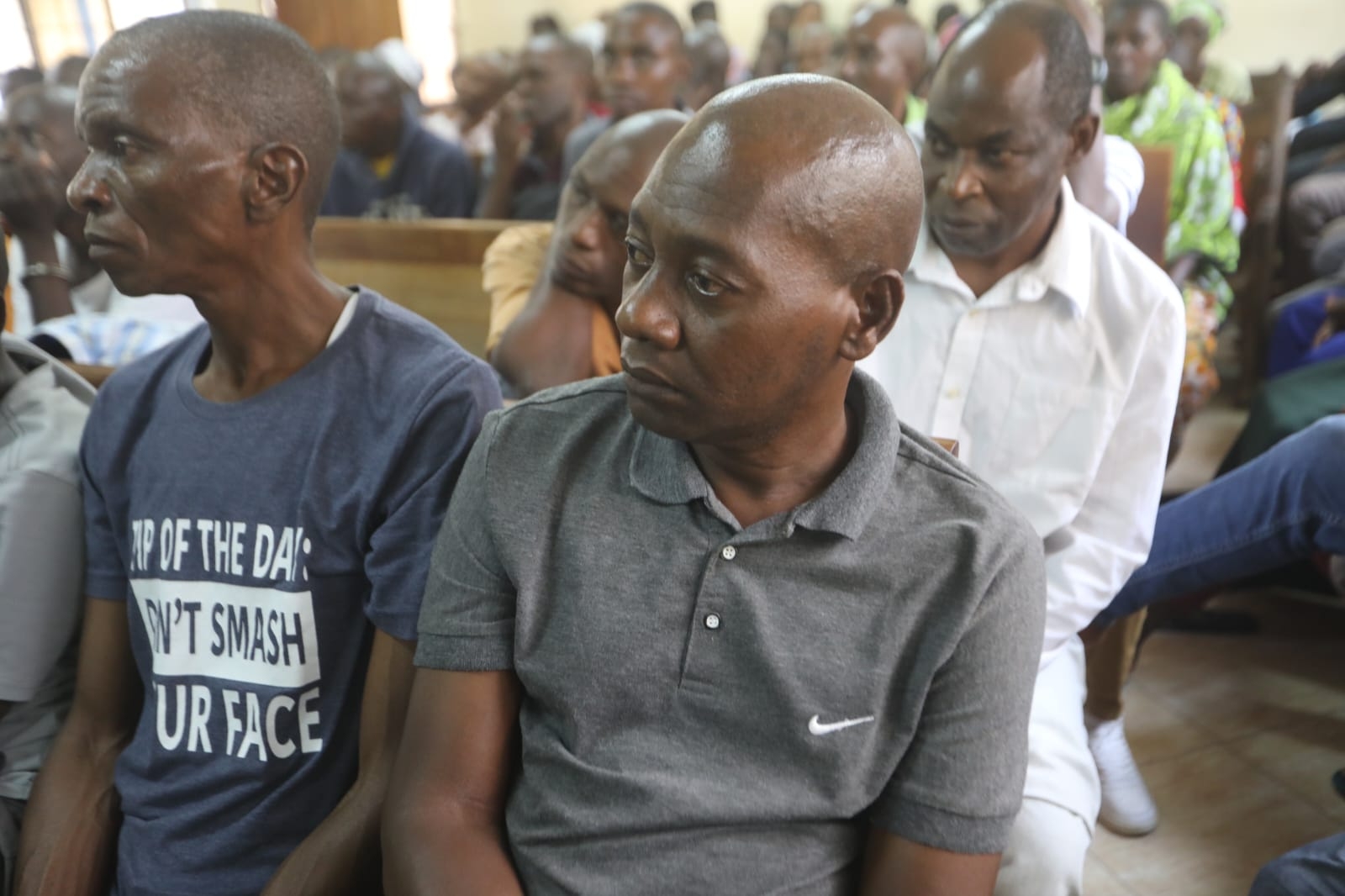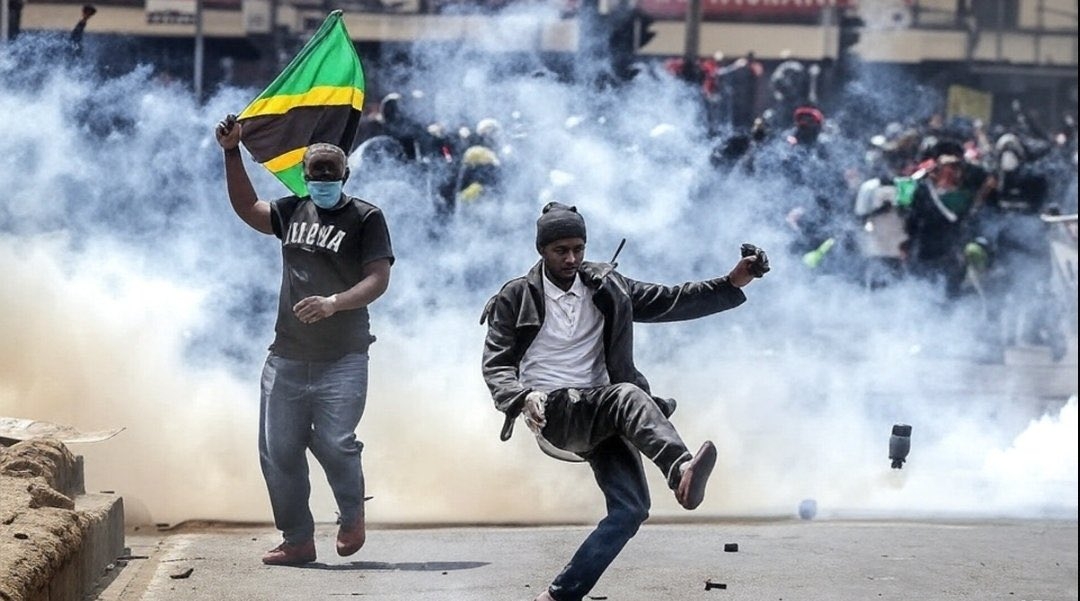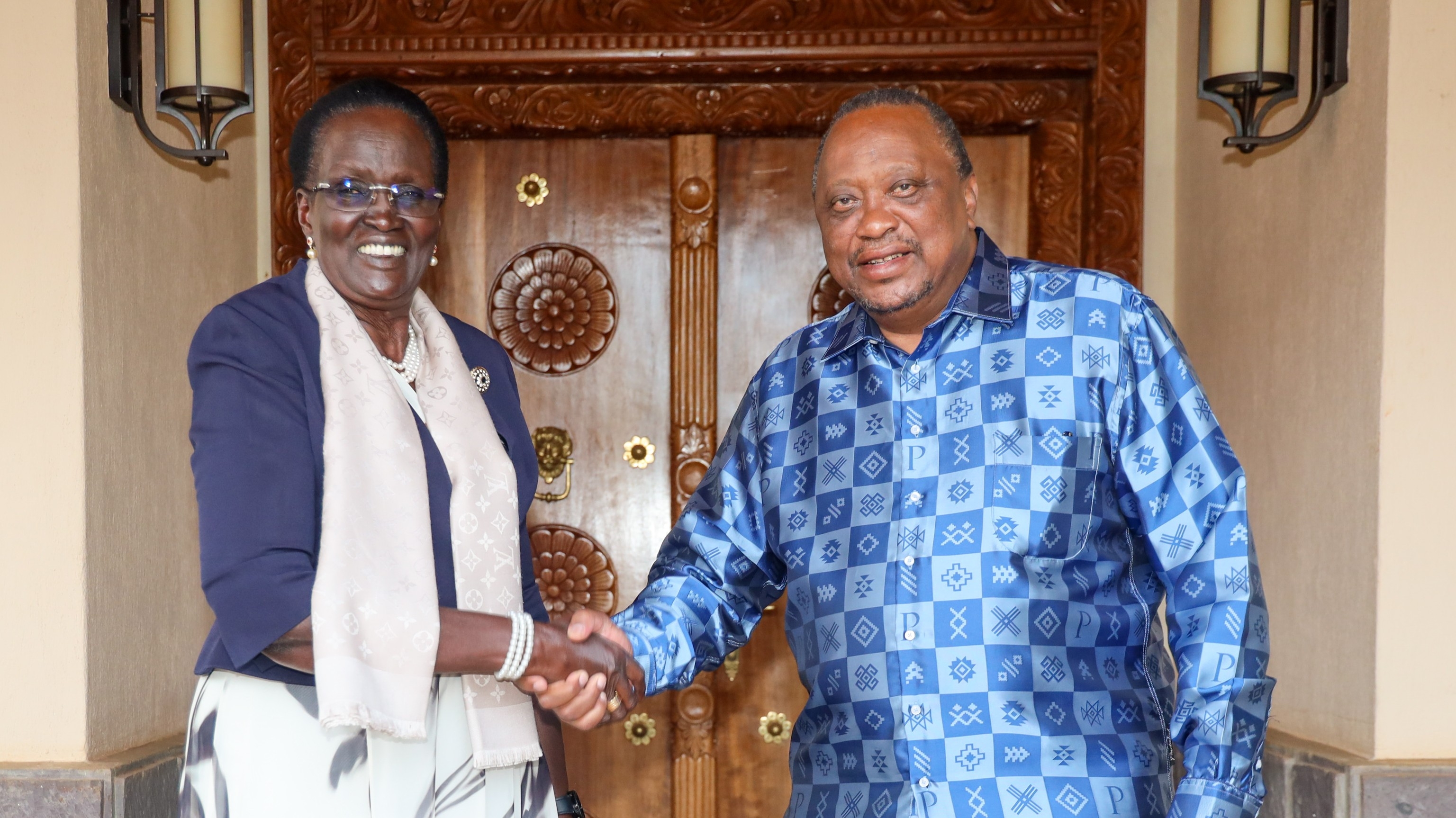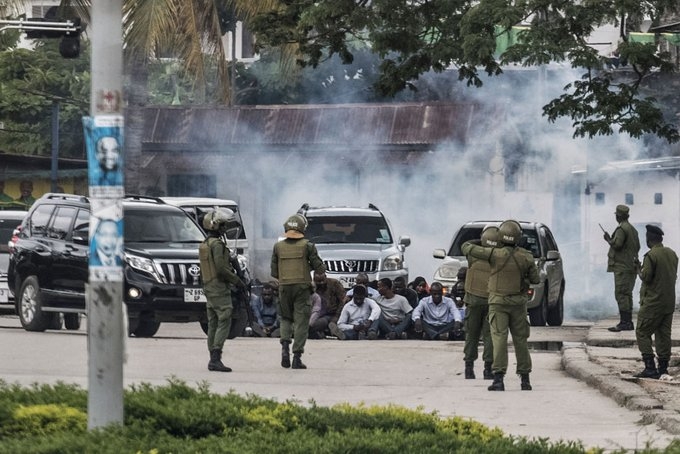
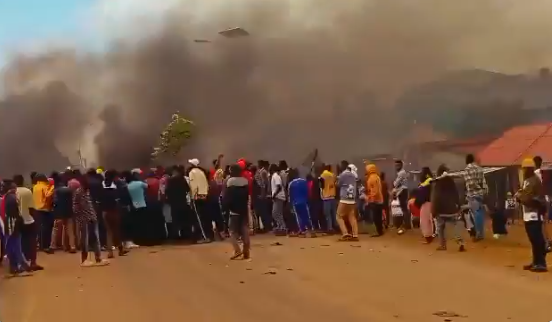
The United States Embassy in Tanzania has warned its
citizens to stay indoors and avoid non-essential movements due to
election-related violence.
In its latest update issued on Thursday, October 30, 2025,
at 9:39 a.m. East African time, the embassy in Dar es Salaam disclosed that
major roads had been closed and that an internet blackout was making
communication difficult.
“Event: National presidential and parliamentary elections in
Tanzania are ongoing. There are reports of countrywide demonstrations resulting
in outbreaks of violence and roadblocks. Some major roads, including the main
road to Julius Nyerere International Airport, are closed,” the advisory reads
in part.
The embassy advised U.S. citizens to avoid demonstrations
and crowds, keep a low profile, monitor local media for updates, remain aware
of their surroundings, and seek assistance from the embassy if they encounter
trouble.
Last evening, Tanzania imposed a curfew in Dar es Salaam,
its largest city, following violent clashes between police and protesters on a
chaotic Election Day.
The violence is said to have spread to several cities and
towns, particularly in opposition strongholds, where residents have rejected
what they called a one-sided election in which incumbent President Samia Suluhu
Hassan is expected to win.
In addition to the curfew in Dar es Salaam, authorities have
shut down internet access, making it difficult to obtain updates on the
elections held yesterday. Reports indicate that Arusha, Mwanza, Tarime, and
Tunduma, among other towns, have also experienced unrest.
Sources at the city’s Muhimbili Hospital told the BBC that
they had received an influx of wounded patients as Tanzanians voted in the
presidential and parliamentary elections.
A diplomatic source told AFP that the unrest continued into
the night despite the curfew imposed by police.
An internet blackout was still in place on Thursday, while
police and army checkpoints had been set up around Dar es Salaam and other
cities, the source added.
There are reports that upwards of 30 people may have been
killed in Wednesday’s violence, the source said, although this could not be
independently verified.
Kenyans are among the foreigners trapped in the chaos, but
Nairobi is yet to issue a statement on the fate of its nationals or provide an
advisory, as is customary.
On Wednesday evening, Deputy President Kithure Kindiki
posted on his social media pages that he was praying for peace.
“Praying for the peace, stability, and wellbeing of our
brothers and sisters — our neighbours, the people of Tanzania,” Prof. Kindiki
wrote.
Tanzania, Kenya’s southern neighbour and key trading
partner, hosts more than 250,000 Kenyans living, working, or doing business
there.
Last night, some Kenyans who managed to contact their
relatives back home described the situation as tense, with several properties
linked to Chama Cha Mapinduzi (CCM) officials becoming targets.
Tanzania has set a new record in the region as violence
erupted on Election Day — unlike in many African countries, including Kenya,
where election-related chaos typically occurs after results are announced or
disputed.
President Samia Suluhu Hassan, who assumed power in 2021
following the death of John Magufuli, is widely expected to extend the 64-year
rule of the CCM party, Africa’s longest-serving political organization.
Sixteen fringe parties — none with significant public
support — were cleared to contest against her. However, ACT-Wazalendo’s Luhaga
Mpina was disqualified by the Independent National Electoral Commission (INEC),
effectively removing her main rival.
Chadema party leader Tundu Lissu remains in detention facing
treason charges. His party boycotted the polls after being barred by court from
engaging in political activity.



